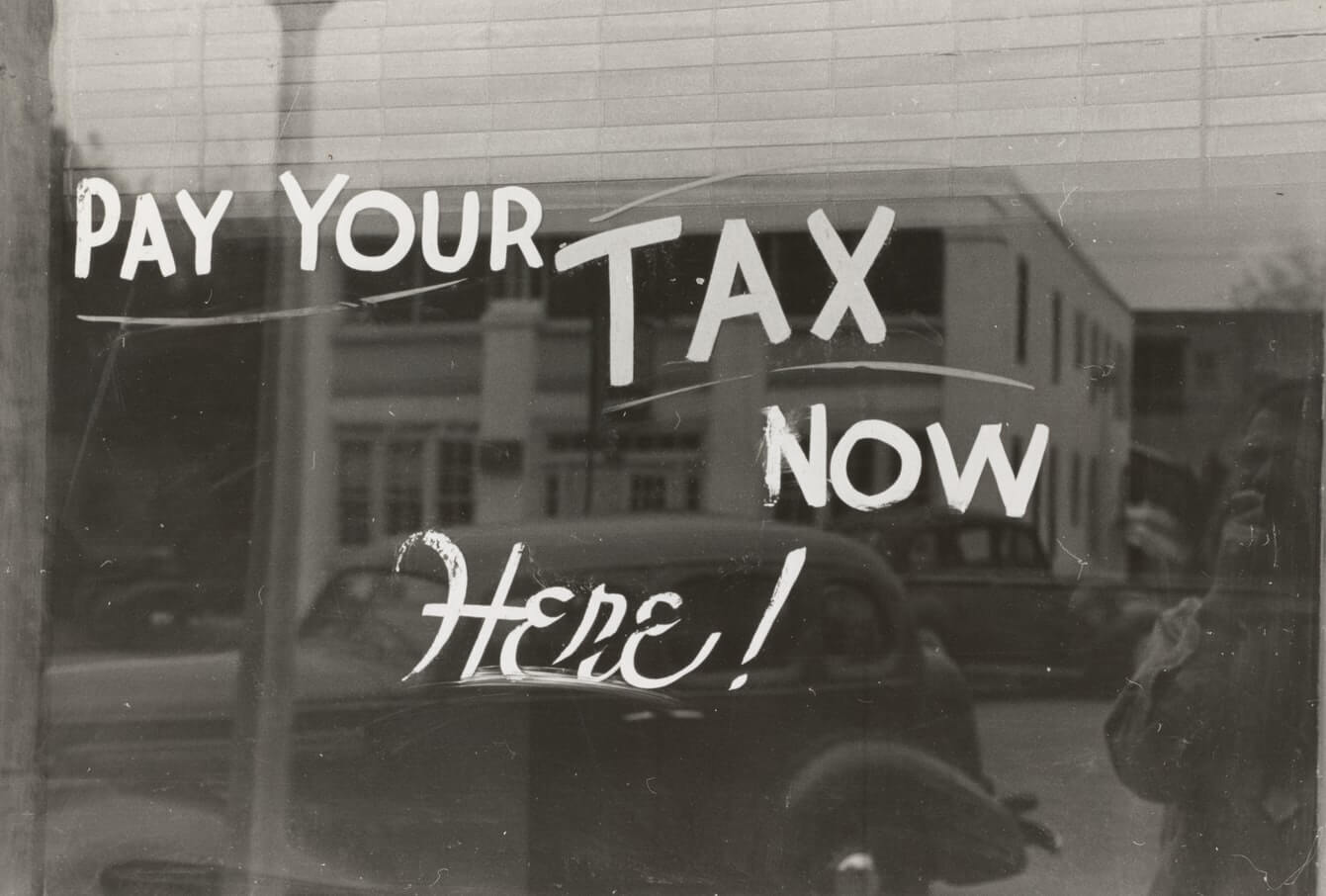

Thousands of crypto traders in Denmark must pay taxes or face fines, according to Danish tax authority Skattestyrelsen
Over 20,000 cryptocurrency traders in Denmark have been sent warning letters urging them to pay their crypto taxes or face severe penalties, according to cryptocurrency tax advice service Koinly.
The Danish tax authority, Skattestyrelsen, got the go-ahead from Danish officials to collect information on crypto traders from Denmark-based exchanges earlier this year, which they have now used to identify individuals who may be avoiding tax.
The traders, who have been transacting in cryptocurrency but are yet to report or pay any tax, were sent letters by the authority demanding details of every crypto transaction they’ve ever made.
Individuals who have received the notice have until December 15 to produce an amended tax report. It’s unclear what the maximum penalty will be for Danish traders should they fail to comply.
Robin Singh, founder of Koinly, explained why it’s so difficult for cryptocurrency traders to calculate their tax liabilities:
“Filing tax on cryptocurrency trades is a difficult task as crypto traders usually hold several exchange accounts and wallets and freely transfer crypto between them, so there’s no easy way to figure out what the capital gains are for any particular trade.”
Koinly urged investors not to ignore these letters as it would only make their situation worse.
Cryptocurrency is borderless and global, but taxes aren’t. Part of the confusion many crypto traders face when it comes to paying tax is the huge diversity of taxation methods between different jurisdictions.
For example, media sources in Portugal reported in August that the Portuguese Tax Authority won’t be taxing crypto gains at all, whereas its neighbouring nation, Spain, has announced it is investigating 15,000 crypto traders who haven’t paid tax.
Similarly, in the United Kingdom, it has been confirmed by the HMRC that crypto assets aren’t classed as money, but how they are taxed still largely depends on their use case, which may incur capital gains, income tax, or corporation tax.
The complex nature of cryptocurrencies and the multitude of unregulated exchanges in the space make it difficult for tax agencies to trace tax owed, but on the other hand it also makes reporting taxes incredibly difficult for novice and retail traders.
With the influx of inexperienced investors during the 2017-2018 bull run, it seems likely that a large portion of investors are simply unaware of their tax requirements or how to report them rather than actively avoiding paying taxes.
As a result, many crypto advocates have argued for clearer and unified tax requirements to make tracking and paying crypto tax liabilities easier.
Denver, Colorado, 24th February 2025, Chainwire
Denver, Colorado, 20th February 2025, Chainwire
Washington, D.C., 18th February 2025, Chainwire
Dubai, UAE, 27th January 2025, Chainwire
Those who enter the market at this time may be surprised to hear that Bitcoin…
George Town, Grand Cayman, 22nd November 2024, Chainwire